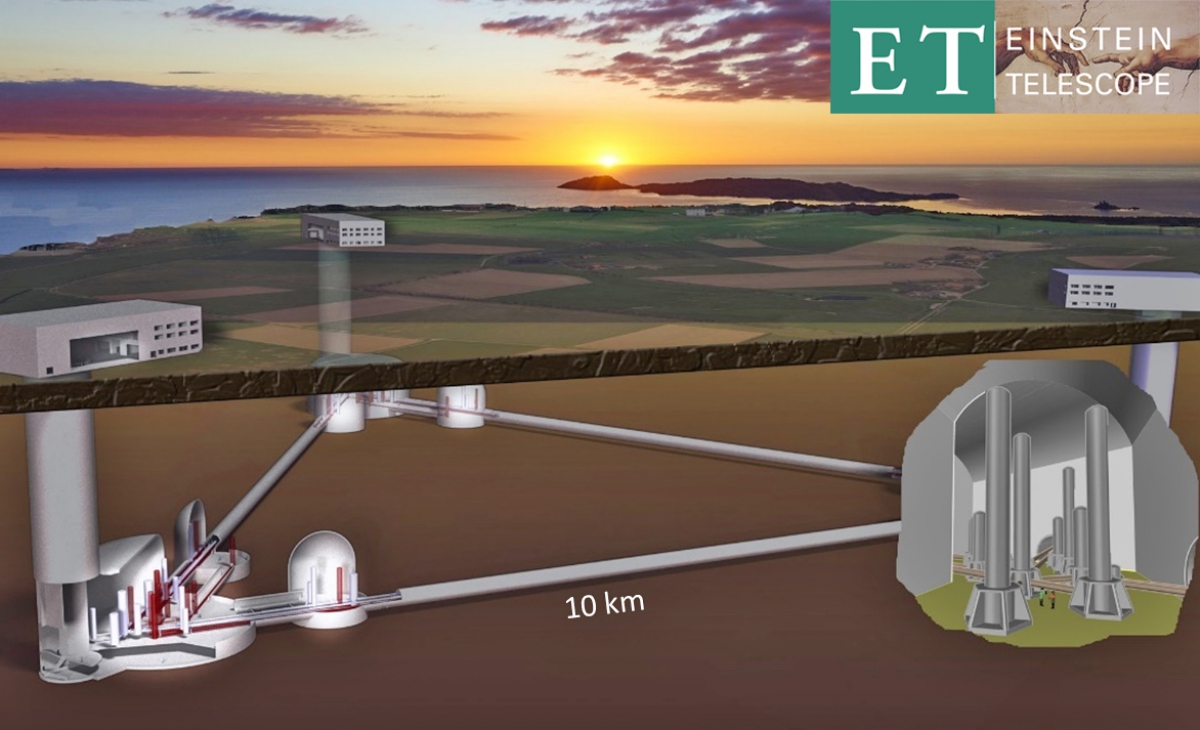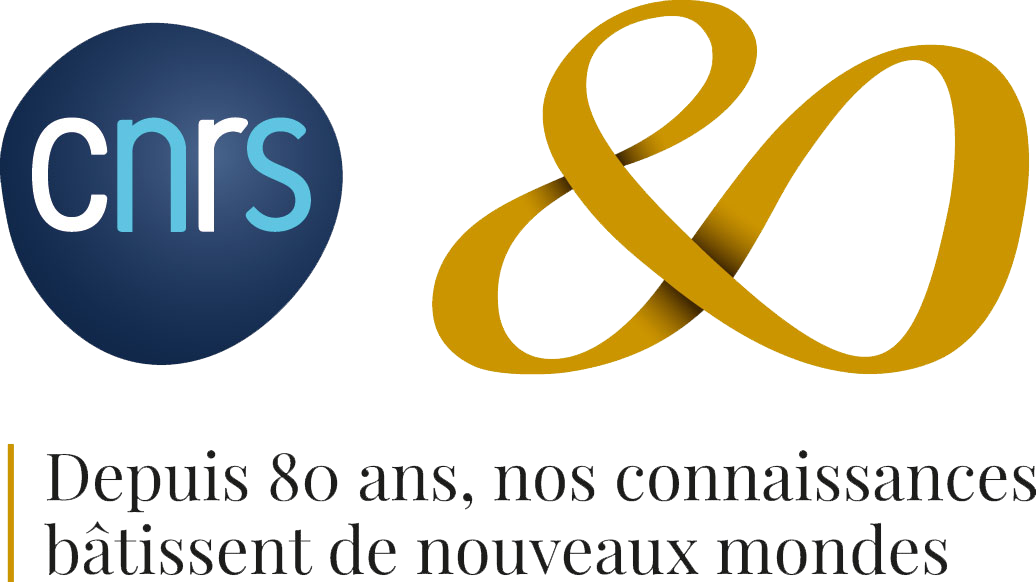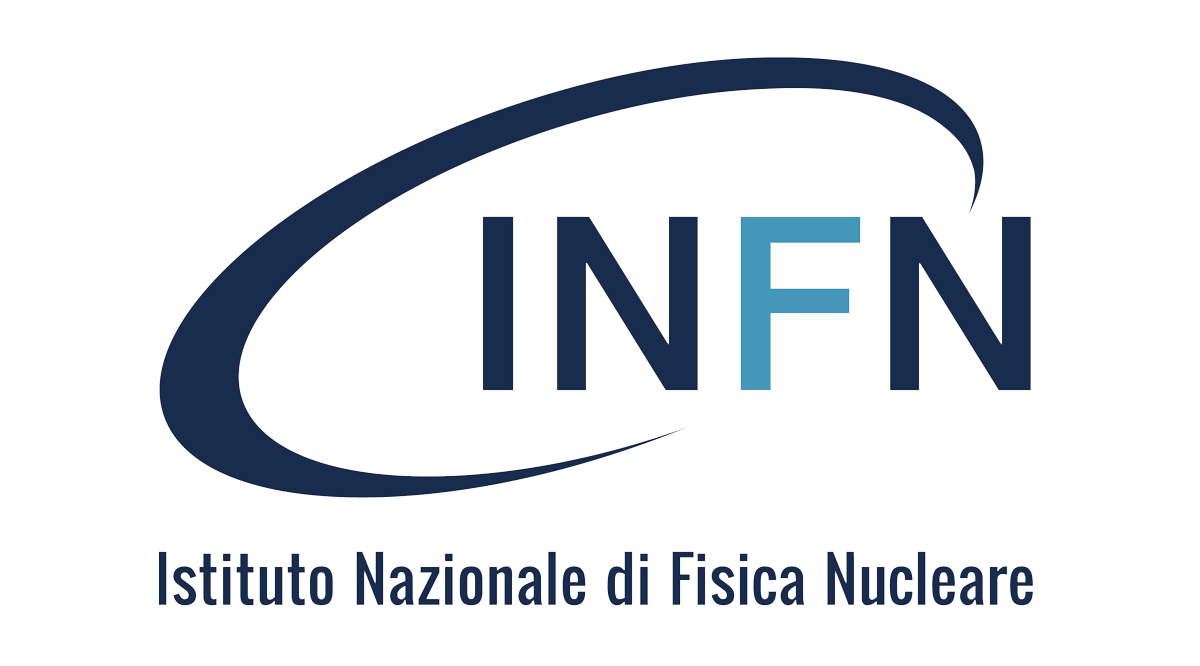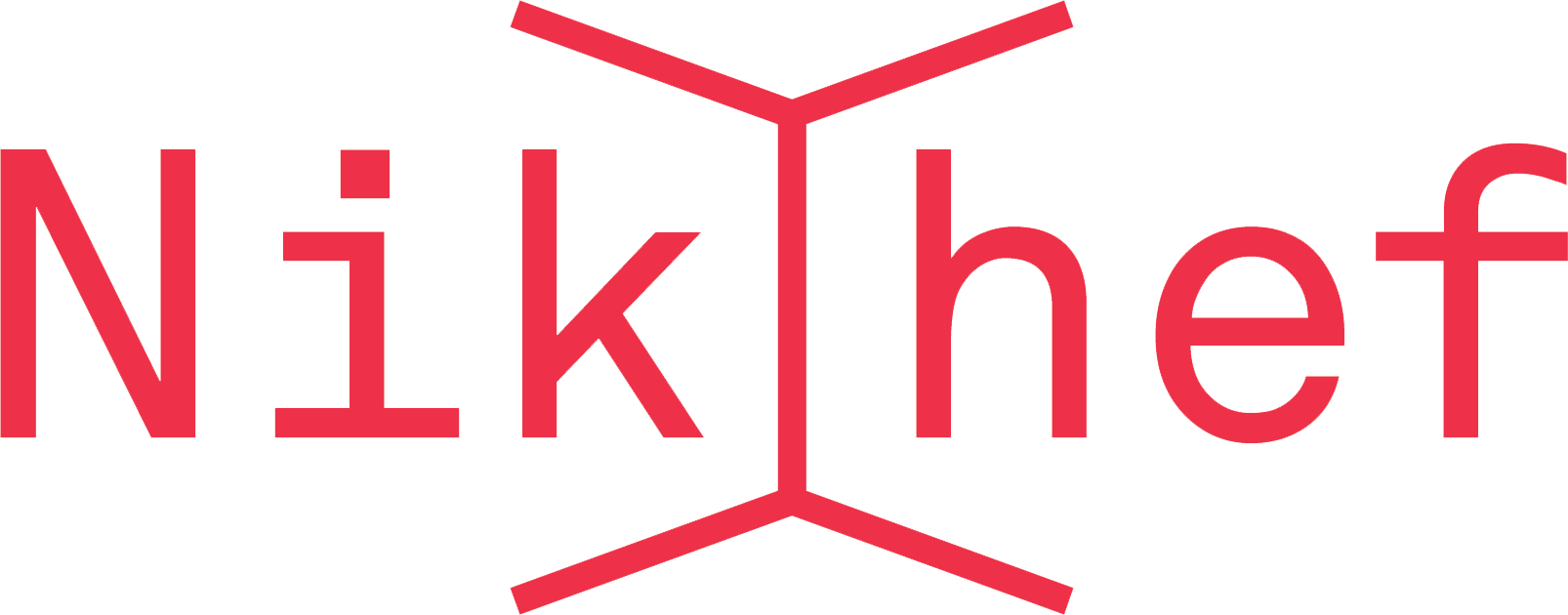Yesterday, Monday December 19th, a meeting was held to kick off the activities of ETIC (Einstein Telescope Infrastructure Consortium), of which the INFN (Italian Institute for Nuclear Physics)is both proposer and leader, a consortium set up and financed as part of Mission 4 coordinated by the Italian Ministry of Universities and Research (MUR) of the National Recovery and Resilience Plan (PNRR). The aim of the new entity, which brings together national universities and research organisations, will be to support Italy’s candidacy to host the next-generation Einstein Telescope (ET) gravitational interferometer, one of the largest and most ambitious projects indicated by the ESFRI roadmap, the European Strategy Forum on Research Infrastructure, as a research infrastructure of strategic interest for Europe. With a total investment of 50 million euros, within the next 30 months ETIC will be responsible for the preparation and implementation of the feasibility study and characterisation of one of the European candidate sites for hosting ET: the disused mine of Sos Enattos, in the Nuoro area of Sardinia (Italy). Another candidate site is in the Euregio Meuse-Rhine, a region in Northern Europe between Belgium, the Netherlands and Germany.
In addition to the preparation, design and execution of the feasibility and characterisation studies of the Sos Enattos site, which will contribute to supporting Italy’s candidacy, one of the main objectives of ETIC – whose activities will be divided into three phases over the next thirty months – is the identification, study and development of enabling technologies for ET through the creation of a network of laboratories, and the strengthening or creation of dedicated facilities at the universities and institutions involved in the project.
“It is of fundamental importance for our country to be well prepared for the scientific and technological challenge represented by the realisation of ET. This is why ETIC is a strategic project: because it offers the conditions and resources to conduct the research needed to develop the new gravitational interferometry technologies that will be needed to achieve the sensitivity envisioned by ET, such as new systems for reducing seismic and thermal noise, innovative solutions in the fields of photonics, optics and electronics, and finally new materials for making mirrors. Over the next three years, there will be many job openings for technicians and technologists, 48 in this first phase of the project alone,’ explains Michele Punturo, researcher at INFN’s Perugia section and scientific coordinator of ETIC.
With ETIC, INFN is aiming to consolidate Italy’s leadership role in the field dedicated to the study of gravitational waves, which is already widely recognised thanks to the fundamental contribution it has made to the construction and activities of Virgo, the European gravitational interferometer hosted in Cascina, near Pisa, and managed by the EGO (European Gravitational Observatory) consortium, of which INFN is a founding member together with the French National Centre for Scientific Research (CNRS).
“INFN’s commitment to Einstein Telescope is certainly substantial and runs on two parallel tracks. Alongside ETIC, there will be the activities carried out within EGO, whose governing body, during its last assembly held on December 2nd, decided to give full support to the ET project,’ specifies Marco Pallavicini, INFN Vice-President and President of the EGO Council.
Contacts
Via E. Amaldi,5
56021 Cascina (PI) – Italy
Tel +39 050 752511
Contact us
How to reach us




